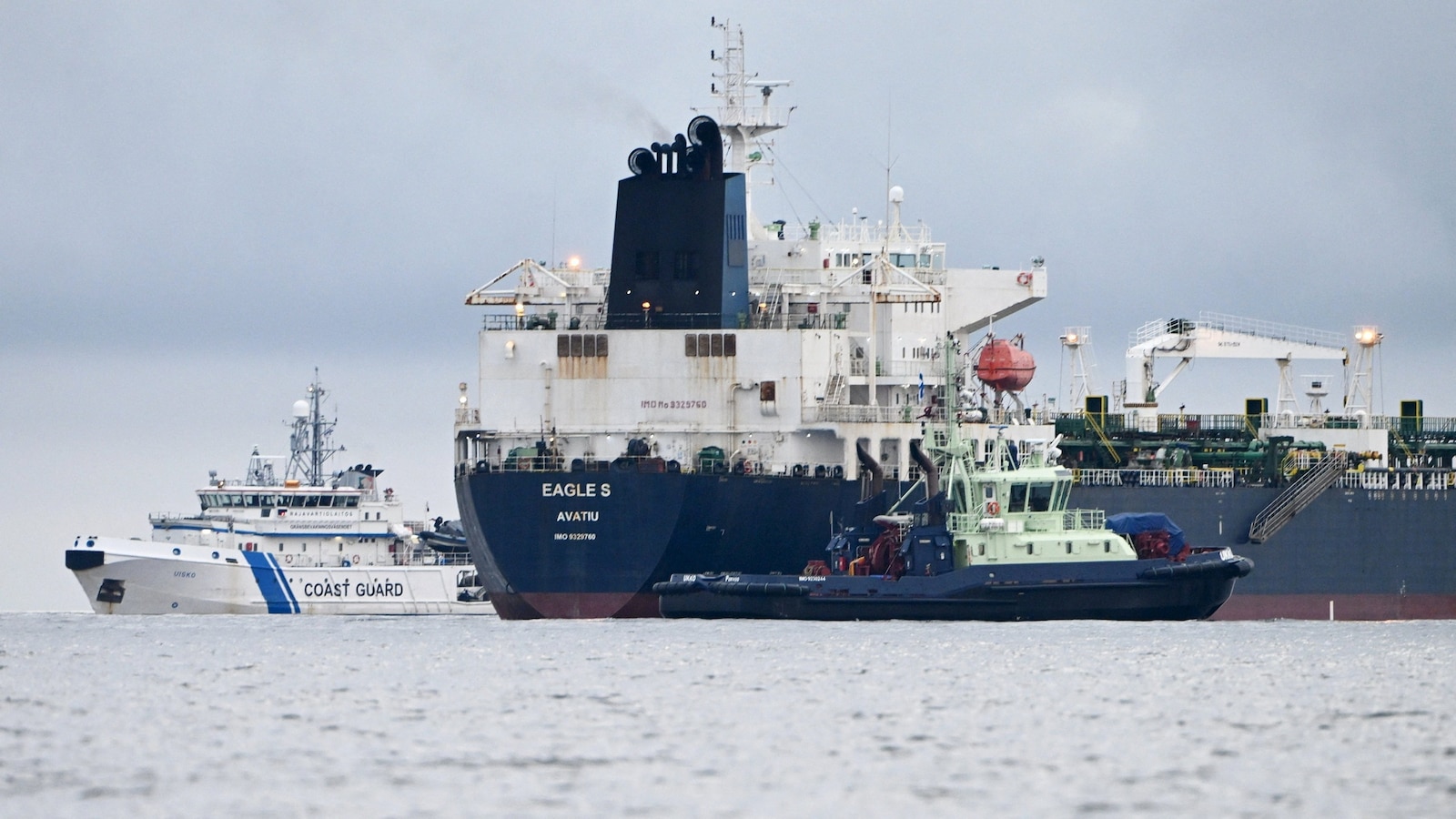Underwater Intrigue: The Baltic Sea’s Sabotage Sparks NATO-Russia Tensions
Recent incidents of sabotage in the Baltic Sea have sent shockwaves through the international community, signaling a potential escalation in the ongoing tensions between NATO and Russia. The strategic significance of this region, coupled with a complex history of military posturing and geopolitical maneuvering, has transformed the Baltic Sea into a hotbed of intrigue and conflict. As nations wrestle with issues of security, energy supplies, and territorial integrity, the implications of these sabotage incidents are profound and multifaceted.
The Context of the Baltic Sea
The Baltic Sea is not just any body of water; it is a crucial maritime route that borders several NATO member states, including Sweden, Finland, and Poland, while also being adjacent to Russia’s western coastline. This geographical reality positions the Baltic Sea as a strategic arena for both military and economic interests. The sea serves as a vital passage for trade and energy supplies, including natural gas pipelines that are pivotal for Europe’s energy security.
Historically, the Baltic has seen its fair share of conflicts, from the Great Northern War to the Cold War standoffs between NATO and the Soviet Union. Today, however, the dynamics have shifted, and the region is once again ripe for tension, particularly with the rise of hybrid warfare tactics that blur the lines between military and non-military engagements.
Recent Incidents of Sabotage
The most alarming events have involved unexplained explosions and damage to undersea infrastructure. These incidents have primarily targeted pipelines and communication lines that are essential for both energy distribution and military operations. For instance, the Nord Stream pipelines, which transport natural gas from Russia to Europe, have been at the center of these sabotage efforts, leading to significant environmental and economic repercussions.
- Pipelines at Risk: The Nord Stream 1 and 2 pipelines have faced multiple disruptions, raising questions about their safety and the motives behind these attacks.
- Communication Lines: Damage to undersea cables could potentially disrupt military communications and intelligence sharing between NATO allies.
The Role of NATO and Russia
NATO’s response to these incidents has been one of heightened vigilance and increased military presence in the Baltic region. The alliance has conducted various military exercises aimed at deterring any potential aggressions and ensuring the security of its member states. Meanwhile, Russia has accused NATO of escalating tensions and has, in turn, increased its military activities in the area, including naval maneuvers and air patrols.
The situation prompts critical questions about the balance of power in the region. With both sides ramping up military readiness, the risk of miscalculation increases, potentially leading to a direct confrontation. Analysts have pointed out that the Baltic Sea has become a testing ground for both NATO’s collective defense strategies and Russia’s hybrid warfare capabilities.
Energy Security and Economic Implications
The sabotage incidents have not only geopolitical ramifications but also significant economic consequences. Europe is heavily reliant on Russian gas, and any disruption to these supplies can lead to energy shortages and increased prices. In light of the ongoing conflict in Ukraine and the broader implications for European energy security, nations are reconsidering their energy strategies.
- Diversification of Energy Sources: European countries are exploring alternative energy sources and routes to reduce dependence on Russian gas.
- Investment in Renewable Energy: There is a growing push towards investing in renewable energy solutions, which could mitigate the risks associated with such geopolitical tensions.
The Future of Baltic Security
As the situation evolves, the importance of diplomatic dialogue cannot be overstated. Both NATO and Russia must engage in constructive discussions to address mutual concerns and prevent further escalation. Confidence-building measures, such as arms control agreements and transparency initiatives, could play a critical role in stabilizing the region.
Moreover, regional cooperation among Baltic states is increasingly vital. Countries like Estonia, Latvia, and Lithuania have been proactive in enhancing their defense capabilities and fostering closer ties with NATO. Joint military exercises and intelligence-sharing initiatives can bolster regional security and resilience against potential threats.
Public Perception and the Media
Public perception of the Baltic Sea’s security situation has been influenced by media portrayals of these incidents. Sensational reporting can exacerbate fears and misunderstandings, potentially fueling nationalist sentiments and increasing pressure on governments to take a hardline stance. It is essential for media outlets to provide balanced coverage that informs the public without inciting panic.
Conclusion: Navigating the Waters of Intrigue
The recent sabotage incidents in the Baltic Sea underscore a growing complexity in international relations, particularly between NATO and Russia. As both sides navigate this precarious landscape, the focus must remain on diplomacy, cooperation, and strategic foresight. While the potential for conflict looms large, there exists an opportunity for dialogue and mutual understanding that could lead to a more stable and secure Baltic region.
In conclusion, the Baltic Sea’s underwater intrigue serves as a reminder of the delicate balance of power in global geopolitics. The world watches closely as NATO and Russia confront the challenges posed by sabotage and security, hoping for a resolution that ensures peace and stability in this vital area.
See more BBC Express News

